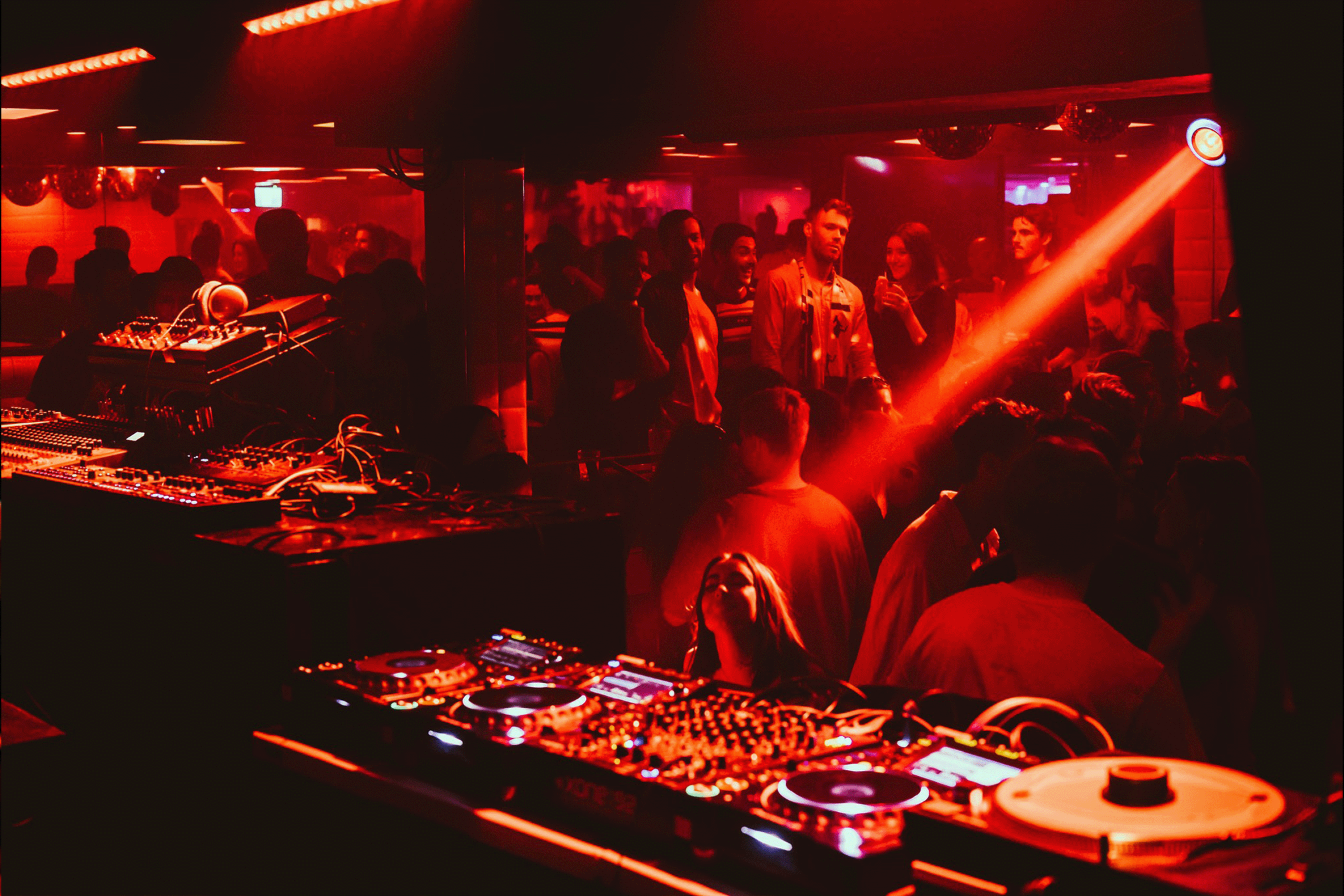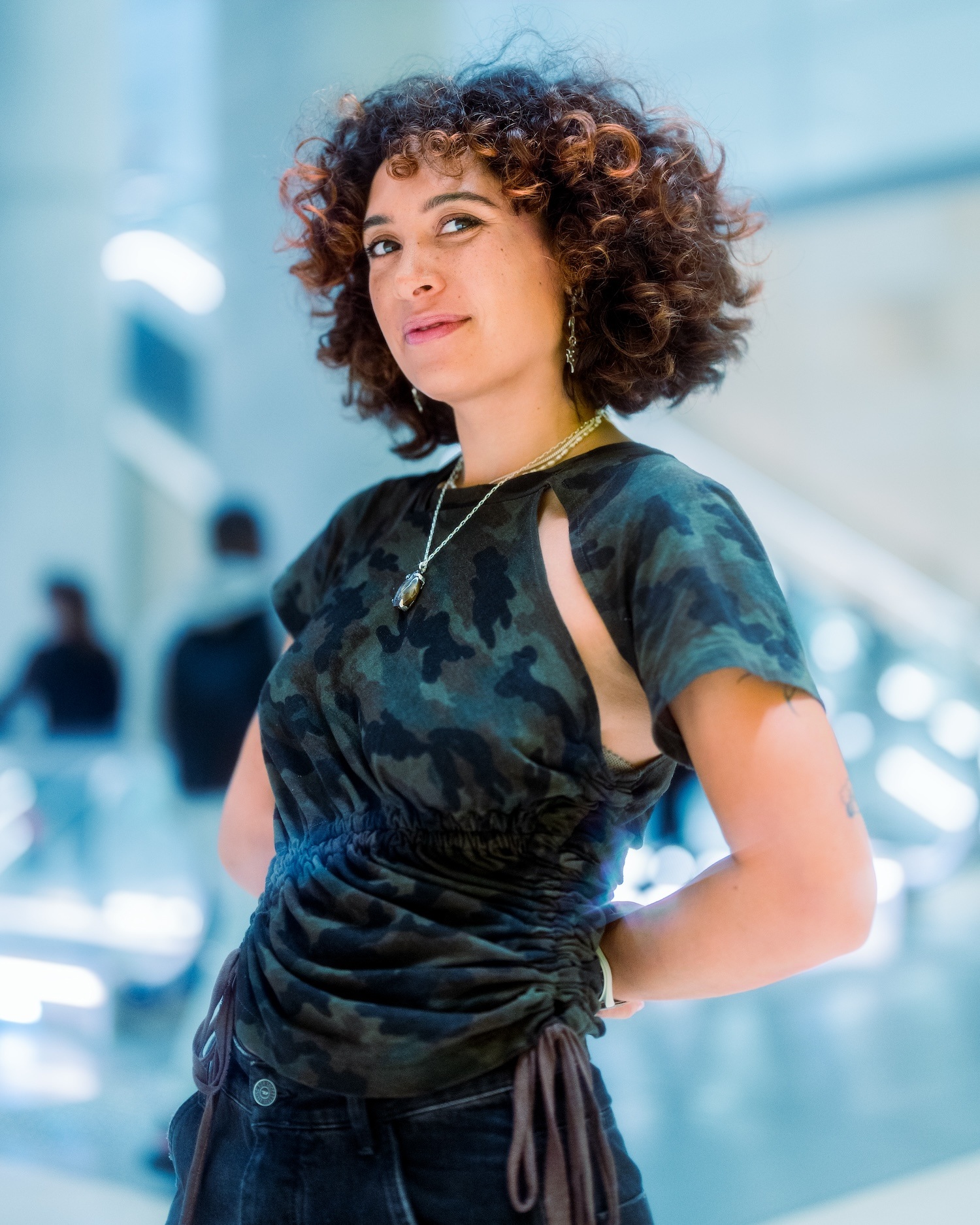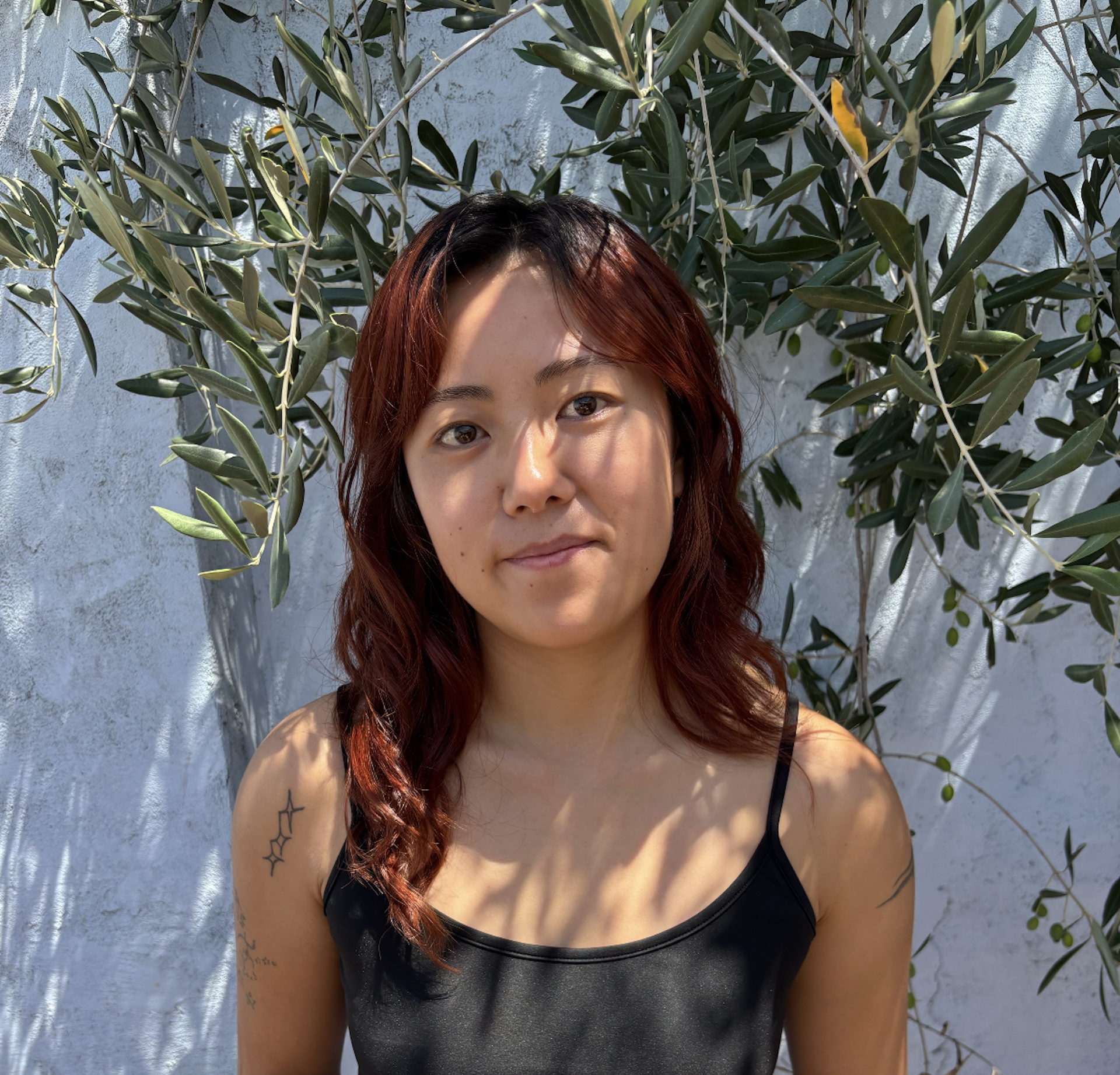 CULTURE
CULTURE
'Start the Party, Build the Community' with EMC's latest online toolkit
Its second resource, with expertise compiled from three experienced promoters, artists and managers, is a must for anyone aspiring to do their 'own thing'.
How hard is actually starting something yourself?
Post-COVID, in particular, there’s no shortage of people looking to start their own thing. Whether it’s a rave, carefully curated gig in a DIY space, or the first foray into a licensed venue, there’s a lot to learn.
Thankfully, EMC is here to help. The Gadigal Land/Sydney-based organisation is dedicated to collaboration, community, creativity, club culture, cultivation, and much more within electronic music, not only within its city but across the APAC region. In its latest community-focused toolkit, ‘Start the Party - Build the Community’, EMC has tapped three experts in the subject to help get aspiring promoters, collectives and contributors started.
louli (fka isa) of Athletica, Tangela of Oomycota, Dstreet, Club Less and Minutiae, and Yang Chen, manager, agent and head of Kast Agency, demonstrate that building a successful event comes down to taking risks, being creative, and fostering strong community bonds.
Read: EMC's first online toolkit provides 'Foundations for DIY Creatives'
In a landscape more commercialised and populated than ever, the toolkit is a welcome addition to the conversation around creating meaningful moments for musical and cultural connectedness.
We’ve highlighted a few key learnings from the resource to give you an idea of what to expect.
They include:
Step 1. Start with a Vision: What type of community do you want to grow?
The journey starts with having a vision for the kind of event you want to create. louli (fka isa) began Athletica, a Sydney-based underground club night, in 2019 with a clear sense of the music, vibe, and artists she wanted to feature. Rooted in community and driven by intention, Athletica has grown into an award-winning party known for its DIY spirit, inclusive ethos, and curated lineups that spotlight underrepresented talent.
“I had a specific ethos/sound/collection of artists in mind, and I made a long, long list of people I would love to have play.”

How to build your vision:
Start small - collaborate with friends and local creatives.
Define the mood, sound, and intention of your event.
Use visual inspiration - map out the aesthetic and feeling of your event, rather than just describing it in words.
“A lot of my inspiration came from what I was already saving—photos from other events, songs I loved, or venues I liked. I pulled it all together to shape what I wanted to create.” - Yang
Step 2. Intentional Line-Ups: Collaboration & Curation
Curating a line-up reflective of your vision is crucial to your event’s success. Who you book shapes the energy of the night and influences who will attend.
louli (fka isa) from Athletica shares her approach to being prepared when building a line-up, plus one that resonates with her event’s ethos:
"Having a longish list of artists you want to book ahead of time is helpful to make sure you’re not scrambling if the people you’ve reached out to aren’t available. It’s also helpful to take stock of the artists you’re aware of - if the artists on your list are mostly dudes or mostly white or mostly straight, or even just the 10-12 DJs that get booked on every single lineup every weekend, who is missing from your view of the scene?" (How I Run My Party)
Yang highlights the importance of planning with both budget and artistic intent in mind:
“Before booking artists, I try to map out what’s financially possible so I can be transparent with fees and intentional with who I reach out to.”
Talia highlights the importance of collaborating with people she trusts.
“For me, it’s about working with people I trust—friends, local collectives, DJs I’ve admired. That’s where the magic starts.”
Collaborating with like-minded collectives is not just a smart move—it’s often the heart of how scenes grow. It can help you get introduced into the community, share costs, learn from those already running parties, and bring in diverse crowds who might not otherwise cross paths. Yang reflects on this in her own experience:
“A lot of it was through meeting other people who already ran events and learning by doing—sometimes just helping out or playing early sets. Those connections opened up the space for me.”
A well-crafted line-up isn’t just about booking big names - it’s about building a flow of music and energy that resonates with your community. The most powerful parties are those where artists and audiences engage in a mutual exchange - where both feel held, heard, and hyped. When you curate with intention, you’re not just filling a schedule -you’re shaping a space for connection, expression, and collective joy.

Step 8. Risk Management: Preparing for the Unexpected
Risk management might not be the most glamorous part of event planning—but it’s one of the most essential. A solid plan ensures issues are handled smoothly, minimises disruptions, and keeps your team, audience, and venue safe and supported.
"Logistical risks... making sure you have everything you need... [it's] very easy just to forget something crucial." - Yang
From weather hazards to medical emergencies, crowd control, and tech failures, understanding what could go wrong—and being ready for it—helps you focus on delivering a memorable, safe event with confidence.
The risk management process is simply to identify how you will best keep your community safe, and in the case of unpredictable things happening that aren’t so great - you have given thought and planning to how you’ll deal with it.
Step 10. Embracing Uncertainty: Creativity Through Experimentation
After navigating venue selection, risk management, and financial planning, it’s easy to feel like everything must be meticulously controlled - but some of the best moments in events come from unpredictability. Experimentation is where culture shifts, new ideas form, and scenes evolve.
Talia reflects on the value of taking risks when you're still finding your feet, sharing that not everything has to be perfect from the outset:
“You figure it out as you go—sometimes you’re building the plane while it’s flying.”
Yang shares that much of the event planning process is learned through doing, and the DIY nature of early events can actually be a strength:
“There’s no perfect way to do it. Every time you throw a party, you learn something new.”

louli (fka isa) echoes this mindset, emphasising transparency and honesty when starting out:


